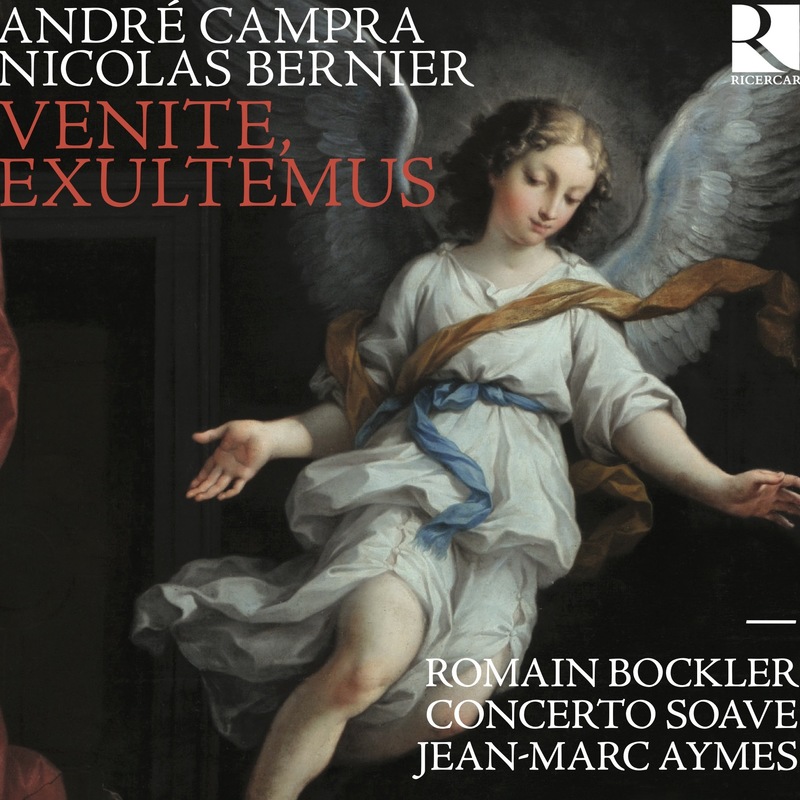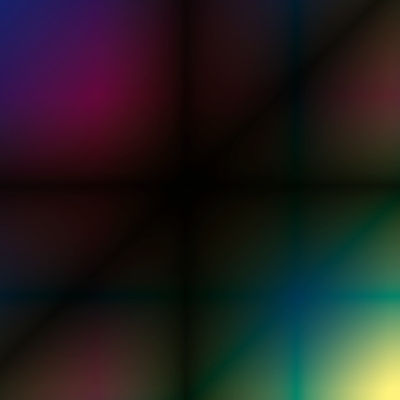Discography

Venite, Exultemus
Romain Bockler, baritone
Gabriel Ferry and Simon Pierre, violins
Ulrik-Gaston Larsen, lute
Flore Seube, viola da gamba
Jean-Marc Aymes, organ and harpsichord
The artistic direction is provided by Romain Bockler and Jean-Marc Aymes.
Released October 31, 2025
Label: Ricercar
Distributor: Outhere Music
Like the cantata with instruments, the motet for solo voice and two trebles, usually two violins, was born in Italy at the dawn of the 17th century. All the great composers of the Peninsula have left admirable examples of the genre, from Alessandro Grandi to Claudio Monteverdi, from Maurizio Cazzati to Giovanni Legrenzi. It was introduced to France not only by Marc-Antoine Charpentier, but also by Italians traveling in France. It became one of the principal "ambassadors" of Italian taste and manner. At the beginning of the 18th century, it was the subject of two magnificent illustrators, practically contemporaries: André Campra and Nicolas Bernier.
Campra's natural attraction to Italian music is easily explained: he was the son of an Italian doctor who settled in Aix-en-Provence, and was a student of the great Poitevin in that same city. As for Bernier, this could be explained, if we believe certain sources, by the fact that he was a pupil in Rome of the Venetian Antonio Caldara, one of the most important composers of his time.
Although Bernier is less well-known than Campra, his work is incredibly rich and beautiful. Both composers represent the pinnacle of the "Italian manner" so highly prized in France at the beginning of the 18th century. In their motets, they achieved an admirable blend of French elegance and nobility with Italian freshness, drama, and naturalness.
Romain Bockler and Jean-Marc Aymes present a program dedicated to motets for bass voice and violins, a rarer arrangement than that for soprano and treble, but in which both composers demonstrated magnificent inventiveness. Although falling into the category of petit motet, their works, two of which are written on the same text ("Venite, Exultemus"), are broadly developed and rich in beauty and diverse affect. In this respect, Bernier's "Judica me Deus," with instrumental parts closer to sonatas than introductions to a motet, is certainly one of the peaks of the genre. This program thus pays homage to a repertoire still largely neglected by performers.

